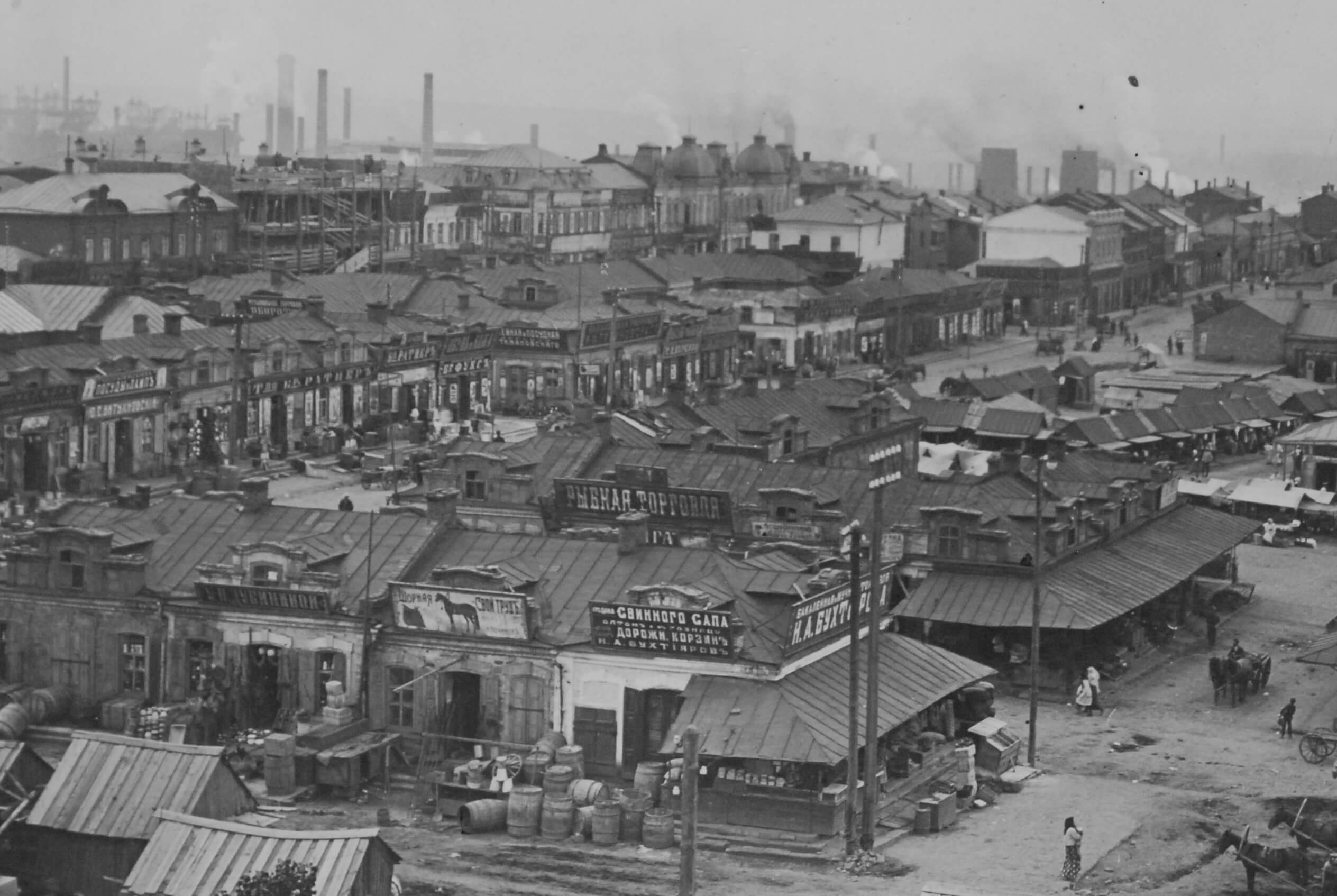Company Towns: Formation of Urban Space in the Donbas
Volodymyr Kulikov
Kharkiv National UniversityJanuary 16, 2015
Center for Urban History, Lviv
Imagine a city where life is controlled by one company – the owner of а town-forming enterprise. Housing, shops, transport, local police, hospitals, educational institutions, and other areas of the economic, social, and cultural infrastructure are under the control of the enterprise’s administration. With the advent of the industrial age such towns began to appear in the UK (Copley, Saltaire), USA (Pullman, Burnvil), and other countries that embarked on the industrial development path. Most modern cities of Donbas also began their histories as monotowns, company towns.
During the lecture the following questions will be discussed:
- Town-forming enterprises create the social infrastructure of company towns. What was the purpose for doing this? To what extent can their social activity be explained by economic reasons, and to what extent by ideas of corporate social responsibility?
- Many cities in the Donbas formed around enterprises, founded by foreign corporations. Foreign entrepreneurs brought to the region capital, technology, and managerial ideas. What was the process of adapting these ideas to Russian realities? How did Western models take root in the Eastern European soil?
- The role of foreign manufacturers has been and remains a controversial topic: for some they represented Prometheus, who brought the world of knowledge to backward Russia. Some believed they were looting natural resources and exploiting the local population. To what extent can the activity of the multinational corporations in the Donbas be considered industrial colonization?
- In modern times, we know of many social engineering attempts on the basis of factory settlements, from Robert Owen’s experiments in the New Lanark factory to Henry Ford’s social innovations. Some manufacturers in Donbas also used measures to control the workers’ morality. How effective were these paternalistic attempts?

Volodymyr Kulikov
project manager of “Industrialization and Urban Landscape of in the Industrial South of the Russian Empire” at the Center for Urban History of East Central Europe, Program Manager of Kovalskys Program in Kharkiv, history professor at Karazin Kharkiv National University.
